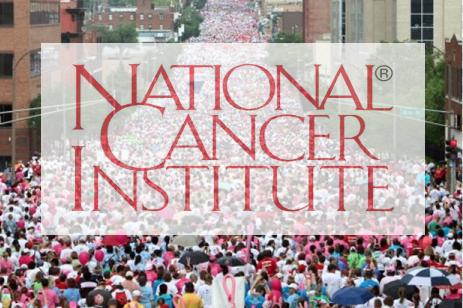Fatal error: Uncaught Error: Call to undefined function pods() in /home/d3xe3dkepf67/public_html/wp-content/themes/cbd/content.php:30 Stack trace: #0 /home/d3xe3dkepf67/public_html/wp-includes/template.php(724): require() #1 /home/d3xe3dkepf67/public_html/wp-includes/template.php(671): load_template('/home/d3xe3dkep...', false) #2 /home/d3xe3dkepf67/public_html/wp-includes/general-template.php(168): locate_template(Array, true, false) #3 /home/d3xe3dkepf67/public_html/wp-content/themes/cbd/single.php(37): get_template_part('content', '') #4 /home/d3xe3dkepf67/public_html/wp-includes/template-loader.php(98): include('/home/d3xe3dkep...') #5 /home/d3xe3dkepf67/public_html/wp-blog-header.php(19): require_once('/home/d3xe3dkep...') #6 /home/d3xe3dkepf67/public_html/index.php(17): require('/home/d3xe3dkep...') #7 {main} thrown in /home/d3xe3dkepf67/public_html/wp-content/themes/cbd/content.php on line 30

